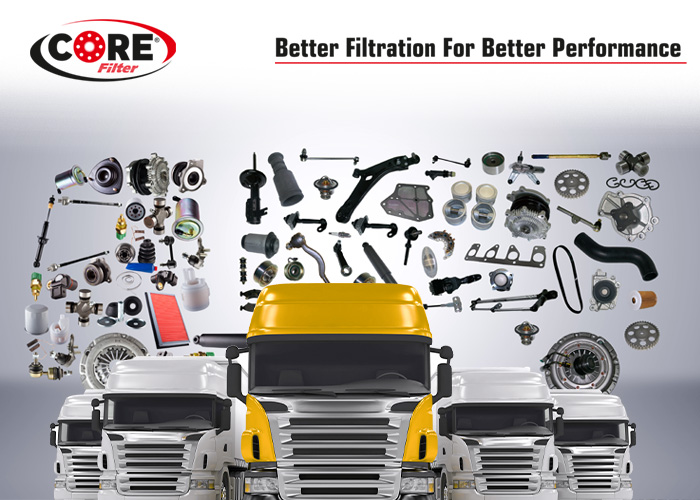Building sustainable relationships with spare parts manufacturers for trucks and heavy machinery requires establishing long-term partnerships based on mutual trust, open communication, and shared goals. To achieve this, follow these steps:
1. Research potential suppliers: Identify reliable and experienced spare parts manufacturers who have a proven track record of producing high-quality, compatible parts for your specific type of trucks or heavy machinery.
2. Establish clear communication channels: Set up regular meetings or calls with your preferred suppliers to discuss your needs, expectations, and concerns. Encourage open dialogue and actively listen to their feedback.
3. Negotiate agreements: Work together with your chosen suppliers to develop comprehensive agreements outlining the terms of your collaboration, including pricing, lead times, delivery methods, and payment structures. Make sure the contracts are fair, transparent, and beneficial to both parties.
4. Monitor performance: Continuously evaluate the quality, availability, and delivery time of the spare parts provided by your suppliers. Provide constructive feedback and address any issues promptly to maintain a smooth relationship.
5. Collaborate on innovation: Engage with your suppliers to explore opportunities for co-development of new products, materials, or production techniques. This can help you gain a competitive edge in the market and strengthen your partnership.
6. Share knowledge and expertise: Exchange best practices, technical insights, and industry trends with your suppliers. This two-way flow of information can foster deeper understanding, enhance collaboration, and drive continuous improvement.
7. Cultivate strong relationships: Build personal connections within your supplier network by attending industry events, visiting their facilities, and engaging in social activities. Nurturing these relationships can create a sense of community and encourage long-term commitment.
8. Embed sustainability into your sourcing strategy: Consider the environmental, social, and ethical implications of your supply chain when selecting suppliers. Prioritize companies that align with your values and contribute positively to society.
9. Measure success: Establish key performance indicators (KPIs) to measure the effectiveness of your supplier relationships. Analyze metrics such as lead time reduction, defect rate, and customer satisfaction to determine if your collaborative efforts yield tangible benefits.
10. Be adaptable: Remain responsive to changes in the market, technology, or regulatory landscape. Adjust your approach as needed to maintain a competitive edge and ensure the continued growth of your business.
Core Filter team recommends following these guidelines, so you can cultivate enduring relationships with spare parts manufacturers, achieve greater efficiencies, and position yourself for long-term success in the trucking and heavy machinery industries.
